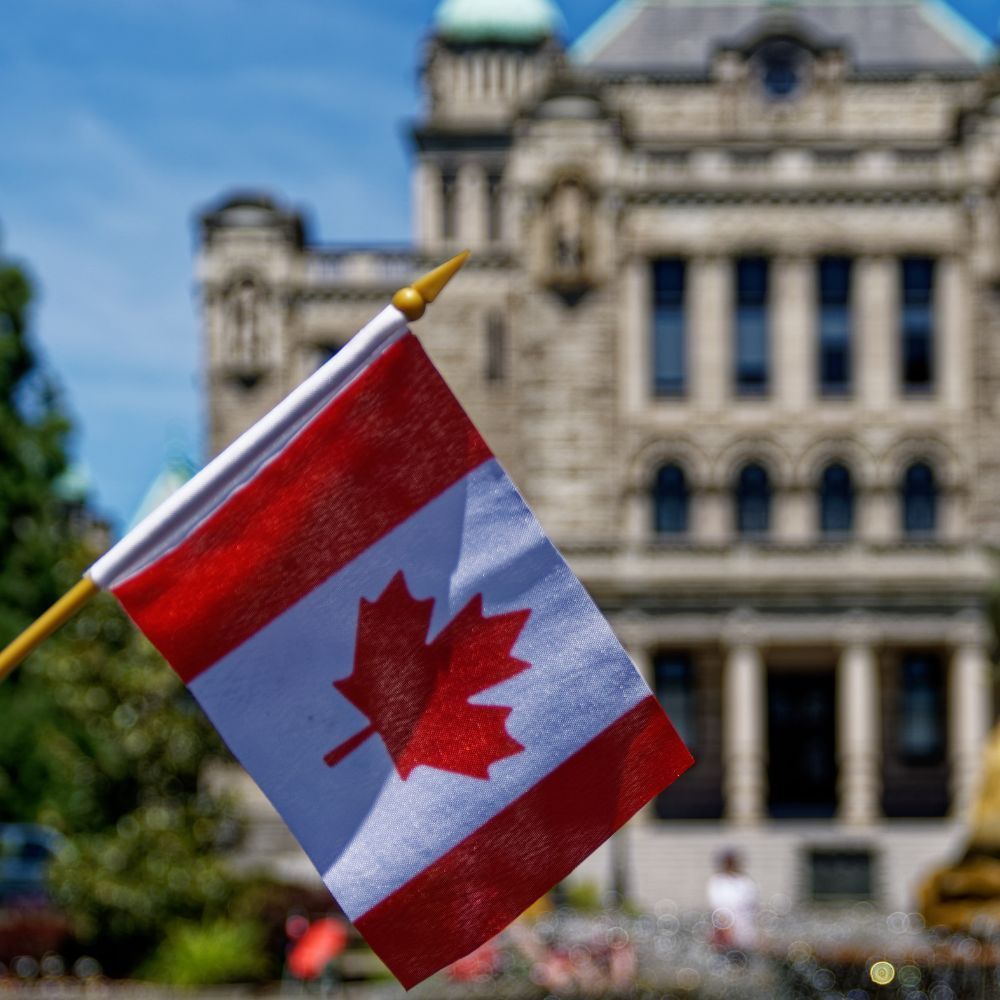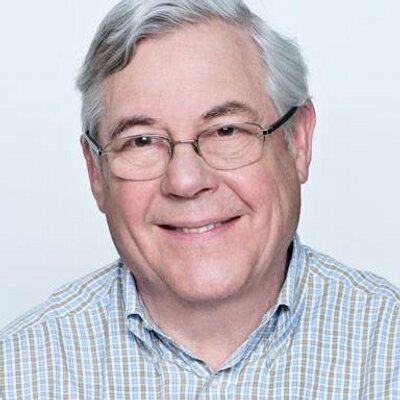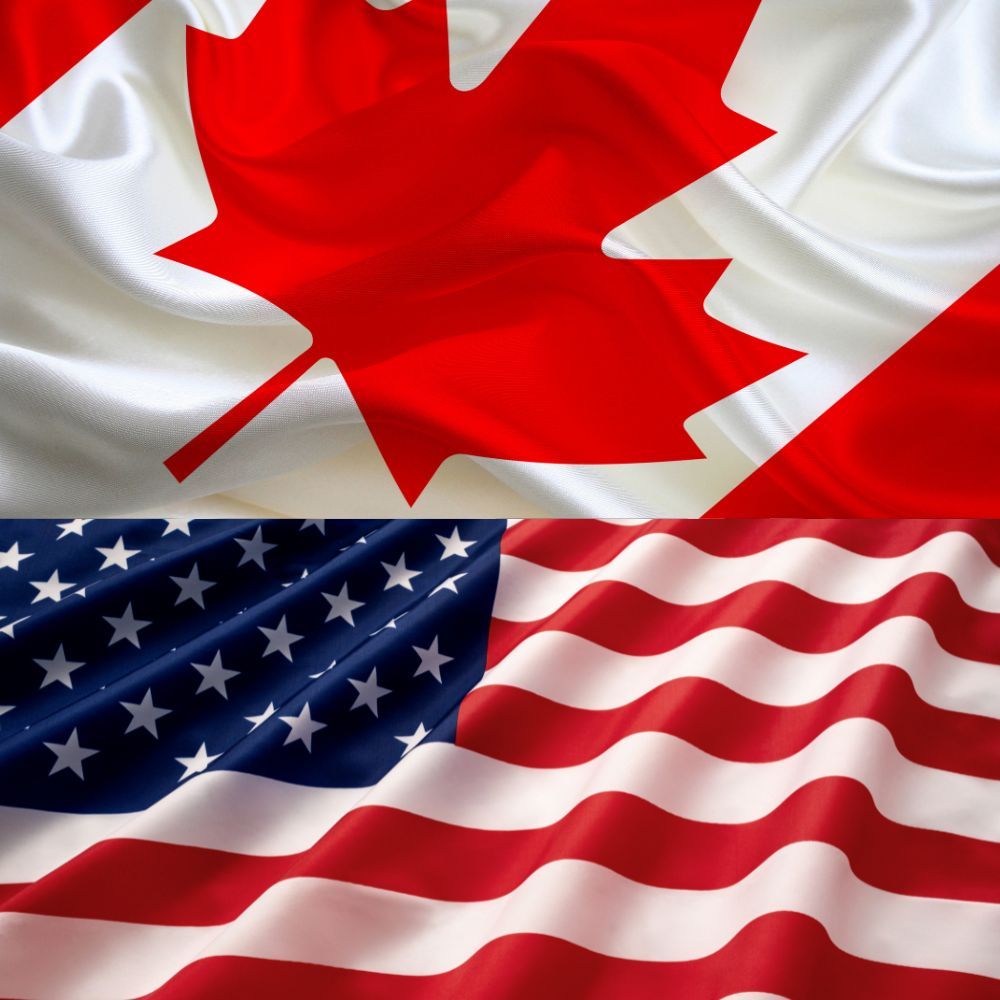Justin’s Father Refreshed His Image and Beat Stanfield in 1974 Election
This is a story with some relevance to the situation Justin Trudeau faces today. He seems to have lost the energy and spontaneity of his 2015 victory campaign, just as his father, Pierre Trudeau’s remoteness had been a factor in his 1972 near defeat.

Justin is being beaten in the polls by his Conservative rival Poliviere just as Stanfield was being projected to form a minority government should the Liberal minority government fall. And Pierre Trudeau’s shaky government faced inflation and the energy crisis brought on by the middle east embargo. Two days after introducing a budget, Liberals finally got the hook they had been hoping for on May 8, 1974, courtesy of a non-confidence motion backed by two opposition parties.
They were ready. The Liberal party, with the urging of veteran Liberal operative Jerry Grafstein saw that major changes had to be made – in short, the PM needed to be reinvented. To do this they brought in two of the most experienced political pros of the era, Jim Coutts, who had worked in Pearson’s office, and the ebullient Keith Davy, a veteran of Pearson campaigns. Both of whom were to guide politics for the PM for over half a decade.
Advertising and the communications strategy were to be run by a new agency – Red Leaf – staffed by the best-known names in the marketing business. It worked out of Toronto’s Vickers and Benson. Leadership was the new watchword.
The strategy also included new speechwriters, among them Paul Manning, a talented writer and former journalist. He, Coutts and others tuned up a more aggressive, positive message and great lines that ridiculed Stanfield’s unpopular platform focus - wage and price controls. “Zap, you’re frozen,” was one of the more memorable ones.
The new Trudeau performed flawlessly – he was fighting for his life. I saw him in 1980 told he could win if he ran again after the 1979 defeat. He agreed to let the pros run the messages and the campaign.
His 1974 performance was remarkable. There is a story about a new basic campaign speech opening the campaign in Toronto, then he committed it to memory for Vancouver, repeating it in French the next day without notes.
As Trudeau biographer John English observed, “Trudeau was ’a transformed leader, one whose speeches brimmed with emotion, wit, sarcasm, eloquence, and a welcome thirst for power. The insouciant, even lackluster Trudeau who had feigned disregard for political emotion was buried in the rubble of that previous campaign.’”
While Trudeau had no enthusiasm for using his family in 1972, his wife Margaret insisted on being on the 1974 campaign and turned into an asset, occasionally speaking and definitely humanizing her husband.
The Globe put the refreshed Trudeau this way: “He went to the country this time did not as in 1972 wait to the country to come to him.”
Stanfield did provide the Liberals with one big break – he became a national embarrassment when he “dropped the football” in a famous Doug Ball photo that was front page news across the country.
Clearly the Justin Trudeau that is now so widely disliked needs the kind of makeover that talented campaign leaders executed on his willing father in 1974. We know he can do it, his disciplined and convincing performance before the Inquiry into the Emergency Powers Act showed a Trudeau far more impressive than his seemingly acted out normal style and wishy washy messages. Just as the Liberal campaign did with Stanfield, there will be lots to work with from the abrasive and nasty Poilievre. Justin has his father’s fighting instincts and will be offered humor and good attack material that he can enjoy.
Poilievre has less substance to work with. Most Liberal missteps that have dogged the government’s last months are not of major consequence for the country and are of his own and his staff’s making. A new open and friendly Trudeau would go a long way to defusing his privileged image. Perhaps he can even consider using his wife as his dad did in 1974.
The PM is facing unprecedented economic anxiety and a deep loss of hope, especially among the young and disadvantaged. Inequality is rising between the rich and poor at a record rate. The extremely wealthy, especially those tsars of grocery chains that are seen as gouging Canadians are especially unpopular. The NDP has suggested taxes on their wealth or unseemly profits.
Cost of living and housing issues seem intractable. People are weary and anxious about their ever-worsening economic situation, and appalled by the homeless crisis affecting all cities. Their votes will depend on which leader they believe can best approach these problems and provide some optimism. The PM has been effective at attracting commitments from auto manufacturers with huge tax subsidies. Such big thinking needs to be applied to the issues that affect our pocketbooks and our future prospects by a believable and effective leader. That just might be a winning combo for the Trudeau government.
And dare I say that political smarts in the PMO such as displayed by the late Davey and Coutts need to be found and listened to. In a situation where the biggest issues do not lend themselves to silver bullet fixes, image and believability are going to play a big role in attracting votes. This means a refreshed Trudeau and exploiting the best marketing brains in the country.
Patrick Gossage Insider Political Views




